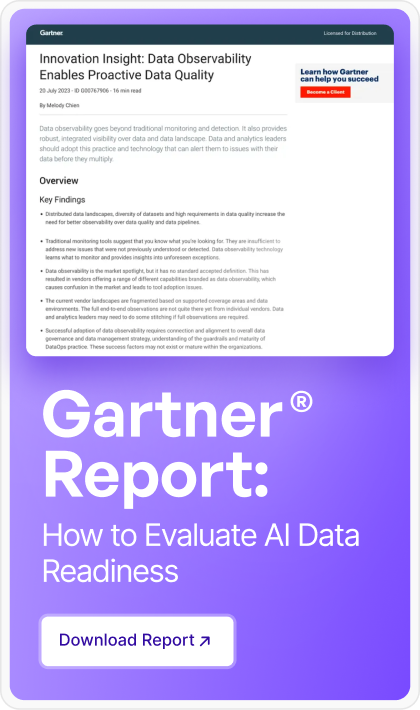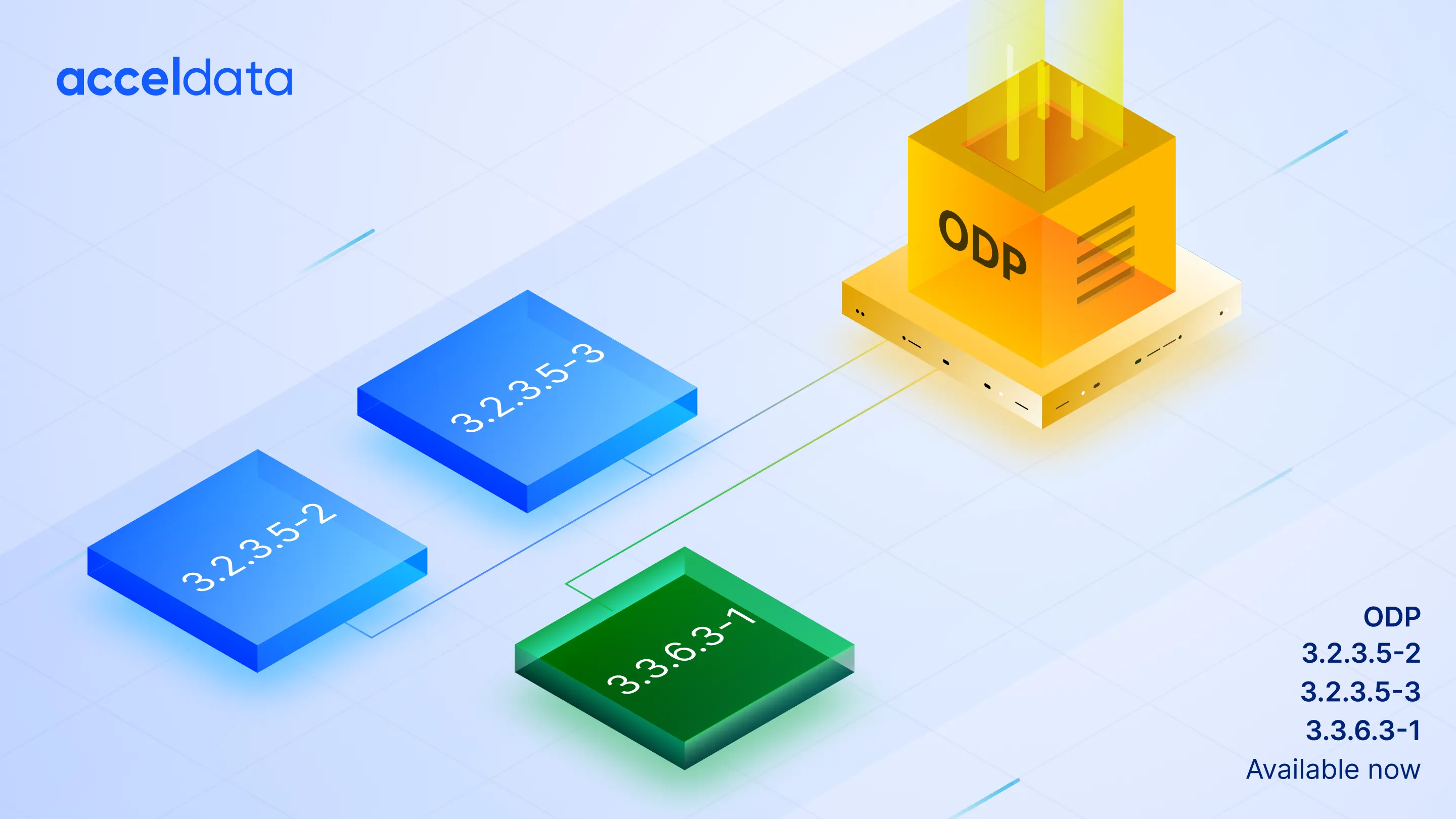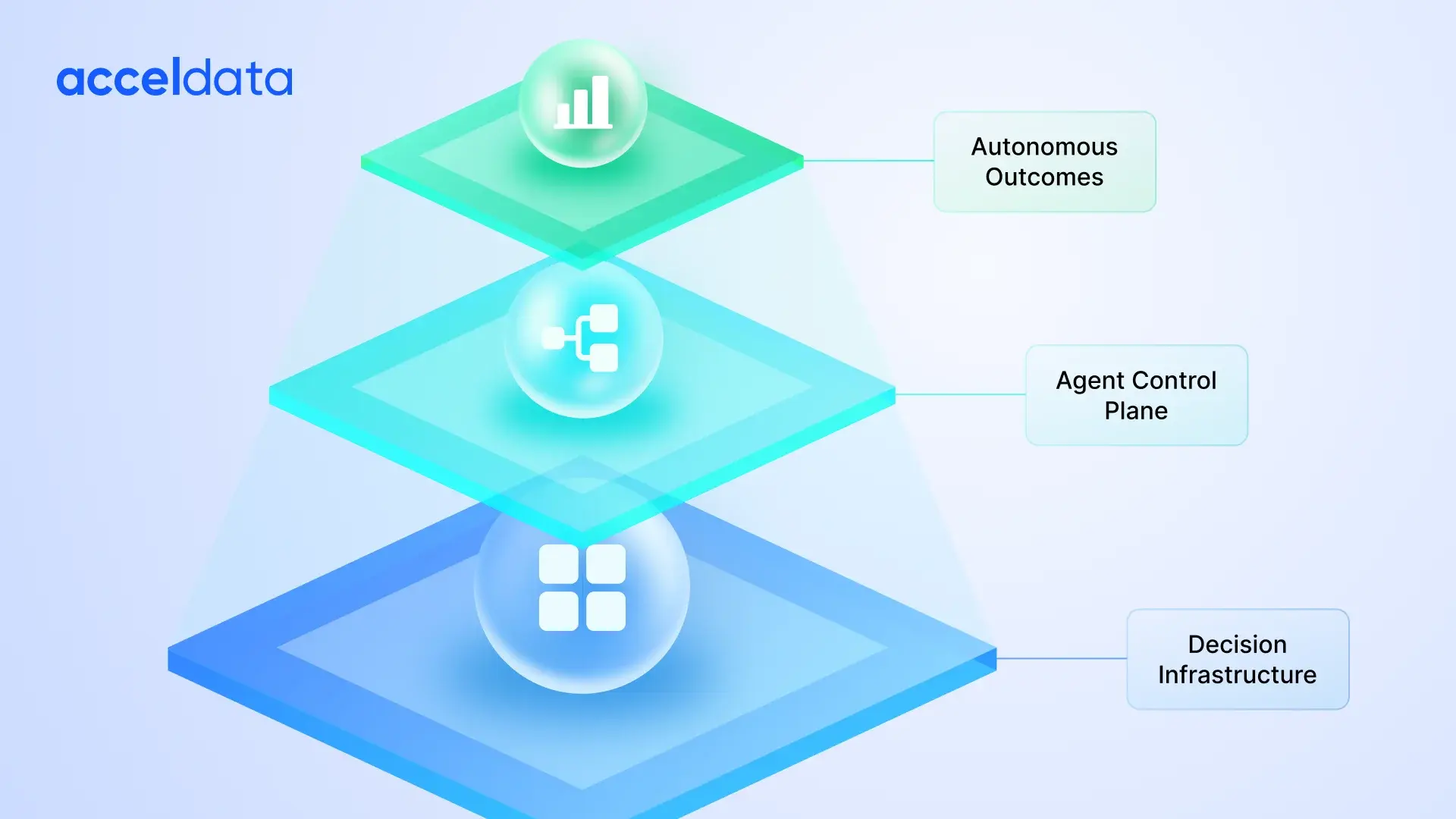Agentic AI represents a paradigm shift in how enterprises approach automation, data management, data cataloging, and data governance. While applications like contact center operations, AI-assisted coding, and marketing automation have demonstrated its transformative potential, Agentic Data Management (Agentic DM) has emerged as the next critical foundation to enable these use cases and more at scale.
Industry-Specific Agentic AI use cases
Much has been written already about Agentic AI. If you need a quick overview, here’s a 1 hour primer from David Linthicum.
Leading consulting firms, standards committee and popular press such as the Wall Street Journal have called out Agentic AI as the new frontier. For example, Deloitte predicts 50% of GenAI-enabled companies will “launch agentic AI pilots or proofs of concept” by 2027, while the World Economic Forum predicts that Agentic AI will transform financial services.
Ironically, in a rush to promote “Agentic”, the Wall Street Journal also recently provided a counter perspective “Everyone’s Talking About AI Agents. Barely Anyone Knows What They Are.”
Whatever you call it, there are already significant productivity gains being delivery in the following areas:
Contact Center Automation
- Autonomous customer interactions: AI agents resolve routine inquiries using real-time sentiment analysis and contextual awareness, reducing wait times by 40%.
- Workflow automation: Systems auto-generate CRM updates, prioritize tickets, and escalate complex issues to human agents.
- Continuous learning: Models improve response accuracy through every interaction, achieving 92% cost reduction in customer service operations.
AI-Assisted Coding
- Multi-step problem solving: GitHub Copilot’s agent mode autonomously refactors code, runs tests, and corrects errors through iterative loops.
- Context-aware development: AI analyzes entire codebases to suggest framework migrations and library integrations while maintaining coding standards.
Marketing Automation
- 1:1 personalization at scale: Systems dynamically adjust campaigns across channels, in some cases rapidly achieving 10%+ lift in cross-sell conversions through real-time behavioral adaptation.
- Autonomous optimization: AI agents manage bid strategies, creative testing, and budget allocation across platforms while monitoring ROI.
The Rise of Data Observability in AI-Driven Data Management
Before we now discuss how Agentic Data Management can be applied. Let’s focus on present day reality. Data teams have long struggled with tedious, time-consuming tasks such as data cataloging, data quality checks, data governance, and ensuring trust in data and reliability. These manual processes are not only inefficient but also prone to errors, leading to inconsistent data and flawed decision-making, operating inefficiencies and critical time lags in executing business objectives.
Data Observability (Free Gartner Market Guide) has emerged as a new category of data management being adopted by leading enterprises to execute proactive data quality and operational data governance.
Gartner has not only recognized Data Observability as a critical technology, but given its core capabilities, predicted that unification of traditional data quality and metadata management will form a unified data management foundation moving forward.
In her presentation "Build a Foundation for BI and AI Success With Metadata, Data Quality and Data Observability Tools", at Gartner Orlando Data & Analytics conference, Senior Research Director Melody Chien, outlined exactly how these elements were converging.
It’s no surprise given that Data Observability is revolutionizing these processes by:
- Automating Data Cataloging: Automatically discovering, classifying, and tagging data assets, creating a comprehensive and up-to-date data catalog using AI-powered metadata discovery.
- Strengthening Data Governance: Enforcing data policies, ensuring compliance, and automating data access controls.
- Improving Data Quality: Automatically detecting and correcting data errors, inconsistencies, and biases, ensuring reliable and trustworthy data through data generation, augmentation, cleaning, and preprocessing.
What is Agentic Data Management (ADM)?
Agentic Data Management (ADM) elevates Data Observability and AI-driven automation to a new level. It takes Data Observability to the next level by proactively monitoring and instrumenting self-healing data pipelines, identifying and correcting data anomalies, while providing real-time insights into data health.
ADM utilizes AI agents designed to autonomously perform specific data management tasks. These agents learn from data, adapt to changing conditions, and collaborate to optimize the entire data ecosystem. This evolution in data management is particularly crucial to support GenAI applications, which require new functions like handling unstructured data, synthetic data, and vector/graph data.
“And importantly ADM will deliver the trusted data required to power the other Agentic AI use cases discussed at the beginning of this article.”
ADM platforms are now available and their benefits are far-reaching:
- Increased Efficiency: Automate manual tasks, freeing up data teams to focus on higher-value activities.
- Improved Data Quality: Proactively identify and resolve data errors, ensuring data accuracy and reliability.
- Enhanced Data Governance: Automate data policy enforcement, ensuring compliance and data security.
- Reduced Costs: Optimize data infrastructure and processes, lowering data management costs through FinOps (financial governance and cost optimization).
- Faster Time to Insights: Accelerate data delivery and analysis, enabling faster and more informed decision-making.
- Improved User Experience: Leverage AI methods like NLP to improve user experience through data queries, data extraction, search, and behavioral analysis.
What’s Next?
As enterprises adopt Agentic AI, forward-thinking organizations will seek out autonomous data management to power their data observability, data cataloging, data quality, data governance needs and more.
The next evolution will see Agentic DM platforms:
- Embed domain-specific AI agents for verticalized auto-remediation (e.g., healthcare data compliance workflows)
- Enable real-time data contracts between AI systems through decentralized governance
- Power self-optimizing AI ecosystems where applications and infrastructure co-evolve
The era of static, manual data governance and data management is ending. In its place raises an intelligent mesh of self-governing data and purpose-built AI agents. It’s a transformation redefining what’s possible in enterprise data management, delivering unprecedented automation, productivity and trusted business outcomes.








.png)








.webp)
.webp)


